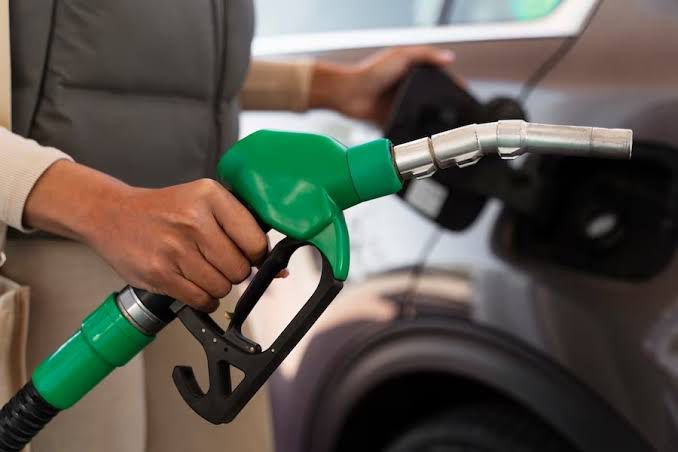The average ex-depot price of Premium Motor Spirit (PMS), popularly known as petrol, has dropped to ₦880.50 per litre as competition among private depots and the Dangote Petroleum Refinery intensifies across Nigeria’s downstream oil sector. The new price marks a slight fall from ₦881.50 per litre, indicating that the ongoing market rivalry is beginning to influence pricing dynamics and create new possibilities for consumers and distributors alike.
Private depots, including Matrix Petroleum, A.Y.M Shafa, and Sigmund Zamson, all operating mainly in Warri and Calabar, reduced their ex-depot price from ₦890 to ₦889 per litre. Similarly, Dangote Petroleum Refinery adjusted its price from ₦873 to ₦872 per litre, while Pinnacle Oil & Gas maintained its own at ₦872. Although the reductions appear modest, experts say they signal the start of competitive pricing behaviour that could eventually benefit end users if sustained.
The Major Energy Marketers Association of Nigeria (MEMAN) has also confirmed that the average landing cost of petrol now stands at ₦829.77 per litre, a 5.69 percent decline from the previous cost benchmark. This marginal reduction follows a decline in global crude oil prices, with Brent crude currently trading around $67 per barrel. For an industry still struggling to stabilise under deregulation, even small price movements carry large implications for profit margins and retail stability.
While depot operators are adjusting their figures downward, the change has yet to translate into any significant reduction in pump prices across filling stations. Checks conducted in Lagos revealed that petrol was still selling between ₦920 and ₦922 per litre at retail outlets operated by MRS Oil Nigeria, Ardova Plc, and NNPC Limited. Analysts say the difference between the depot price and the pump price remains wide because of persistent logistics costs, forex challenges, inland transportation, and station operating expenses.
Another major factor influencing prices is the volatile exchange rate. The United States dollar traded at about ₦1,443.77 on the parallel market this week, making it harder for marketers relying on imported components to reduce costs further. Although Dangote Refinery has boosted local supply and reduced import dependency, other smaller marketers continue to source foreign exchange to import additives and manage operational inputs.
The subtle but steady decline in depot prices is, however, being seen as evidence that deregulation is fostering competition. Dangote’s entry into the market has compelled other private players to re-evaluate their pricing and operational efficiency. With more depots seeking to attract independent marketers, price undercutting is likely to become a defining feature of the market in the coming months.
Many motorists remain sceptical that any significant change will reflect at the pump soon. Still, the hope persists that with time, sustained competition will narrow the margin between depot and retail prices.
Policy experts say the ongoing price movements demonstrate that deregulation can gradually stabilise the market if operators are allowed to compete freely. However, they warn that without strong oversight, some marketers might exploit the situation by maintaining high retail prices even when depot costs fall. Regulatory agencies are therefore being urged to enhance monitoring and ensure compliance with fair trade practices.
Despite optimism, several risks remain. A sharp rise in crude oil prices or a further devaluation of the naira could erase the recent gains. The country’s distribution chain also faces structural issues such as poor infrastructure, high transport costs, and pipeline insecurity. These challenges continue to inflate costs along the value chain, reducing the potential impact of lower depot prices on consumers.
With the Dangote Refinery already supplying a growing share of domestic demand and other modular refineries expected to come on stream, experts believe the country is inching towards a more self-sufficient energy future. This, they say, will reduce import costs and foreign exchange pressures, allowing for greater price stability over time.
In the medium term, sustained competition among major depots, refiners, and marketers is expected to reshape the sector. The small reduction recorded this week could set the tone for gradual adjustments as companies jostle for market share. The broader public, meanwhile, is left waiting for the day when a price cut at the gantry finally translates into a cheaper litre at the pump.
For now, the ex-depot price of ₦880.50 per litre marks a symbolic but significant moment in Nigeria’s downstream evolution. It reflects both the promise and the challenges of deregulation, proof that competition can work, but also a reminder that until operational bottlenecks, forex instability, and logistics hurdles are fully addressed, the journey from refinery gate to petrol nozzle will remain longer than motorists would like.
Samuel Aina

